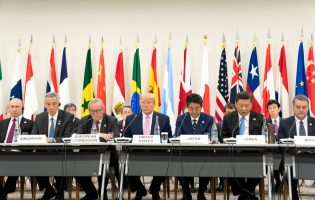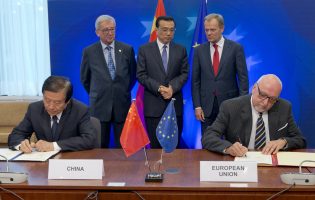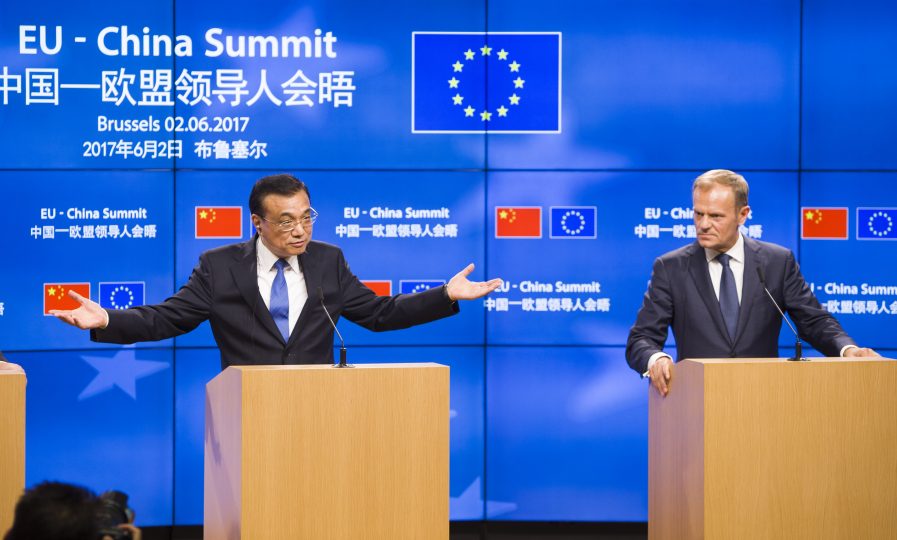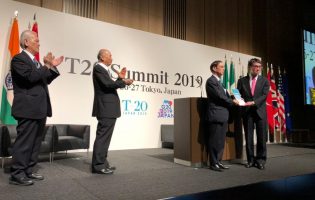
At the G20 Summit, a Shift from Trade to Digital
Sometimes the best way to make progress is to change the conversation. This idea seems to have been at the heart of Japan’s approach to the Osaka G20 summit it …

The Weaponization of Economic Policy on Both Sides of the Atlantic: Something’s Got to Give.
On July 25, 2018, Presidents Trump and Juncker agreed that the United States and the European Union should join forces to “protect American and European companies better from unfair global …

A Tale of Two Futures
The Future of Work Debate in Germany and the United States From Berlin to Washington, public debates about the future of work is omnipresent. Policymakers, business leaders, unions, and academics …
Recent Authors
AGI provides knowledge, insights, and networks as tools to solve the challenges ahead.
Support Our Work
Is a World of Three Trading Blocs Really Inevitable?
There is growing speculation about the global economic future being shaped by closed trading blocs. The most commonly mooted outcome is a world centered around the three poles of the …

Germany’s Growth Model under Attack?
On his last visit to Berlin in the beginning of May, French president Emmanuel Macron said that “the German growth model has perhaps run its course.” He argued that the …

AGI Senior Fellow Peter Rashish Joins T20 for Presentation of Communiqué at Summit in Tokyo
AGI Senior Fellow and Director of the Geoeconomics Program Peter Rashish joined other members of the Think 20 to present its Communiqué to Japanese foreign minister Taro Kono at the May 26-27 Summit in Tokyo. The Communiqué …

International Energy Policy at a Crossroads?
The Transatlantic Partners and the Future of Energy Energy policy is an area of international relations that has the potential to increase cooperation or spark conflict. When President Donald Trump …






